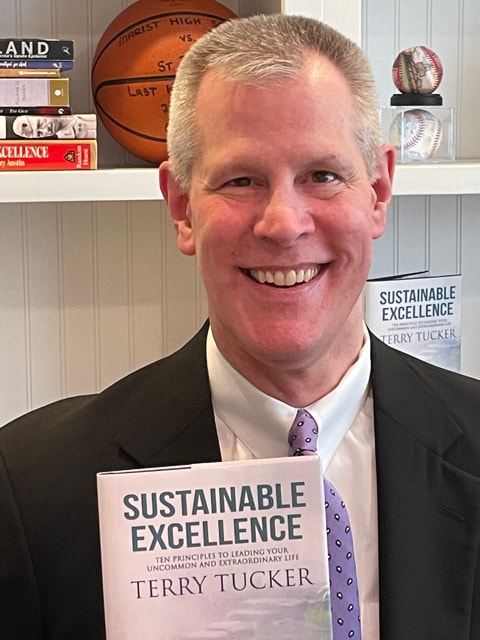|
How do you compensate for your faults, shortcomings, and weaknesses? According to an article in Popular Social Science magazine (Noir 10/29/2020), if a person feels inferior in a certain area, he or she will likely try to compensate for that weakness by doing something else really well. This is referred to as the Psychology of Compensation. If you notice extreme behavior in a person, inferiority could be an underlying cause. This could be a reason why some people are obsessed or driven to reach their goals. Unfortunately, compensation doesn't solve the root cause of the issue. Compensation can be differentiated by either positive or negative. Negative compensation manifests itself in either overcompensation or undercompensation. Overcompensation occurs when a person feels inferior and goes out of their way to feel superior. This leads to a person seeking dominance, power, or increased self-esteem. Undercompensation happens when a person acts helpless, displays a lack of courage, or a fear of their surroundings. This person makes himself dependent on other people and is unable to handle problems on their own. Positive compensation takes place if the person is able to address the source of their inferiority. When they understand they are compensating, they can begin to work on the underlying cause of the compensation. Compensation is a coping strategy that can cover up real or imagined deficiencies. If compensation can be dealt with in a healthy way, it can be a positive and valuable force for growth. Check out the video below and learn about the Cradles of Eminence study done on the home lives of 300 successful people by Victor and Mildred Goetzel. Also, please leave me a comment about your thoughts regarding the Psychology of Compensation and if you know someone who is compensating for their real or imagined inferiorities.
0 Comments
Leave a Reply. |


Author & SpeakerTerry is a sought after speaker who believes in the power of a story to motivate, inspire, and help others lead their uncommon and extraordinary lives. By combining his twelve-year cancer journey with his diverse business, athletic coaching, and hostage negotiating expertise, he delivers compelling yet relatable presentations for conferences, on-line events, panels, meetings, and seminars. Archives
July 2024
|


 RSS Feed
RSS Feed